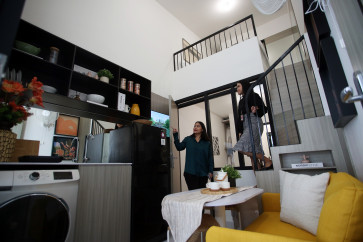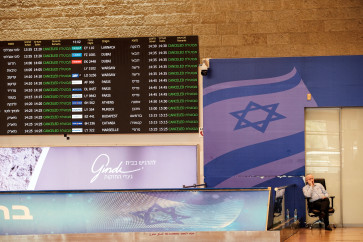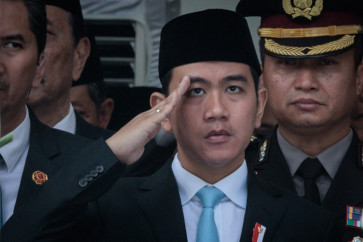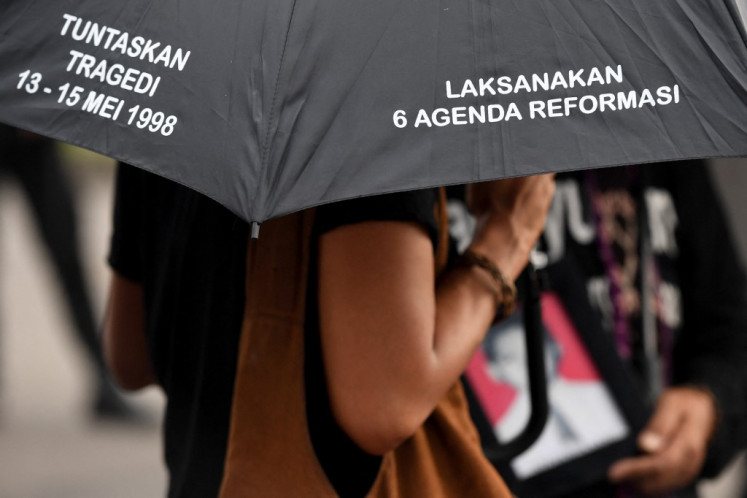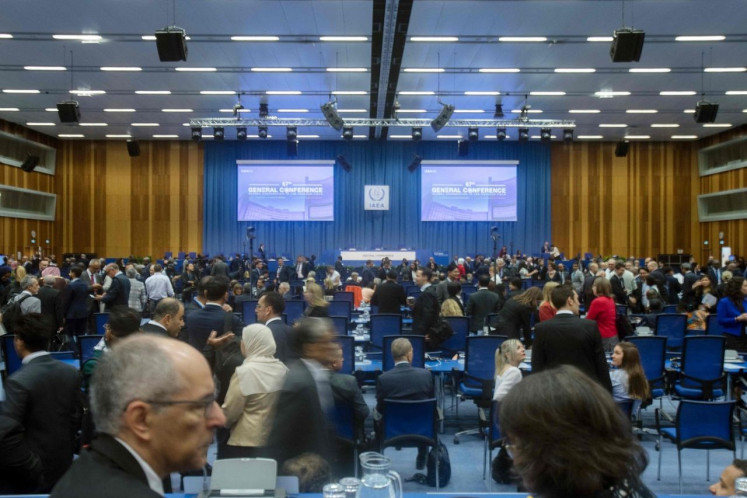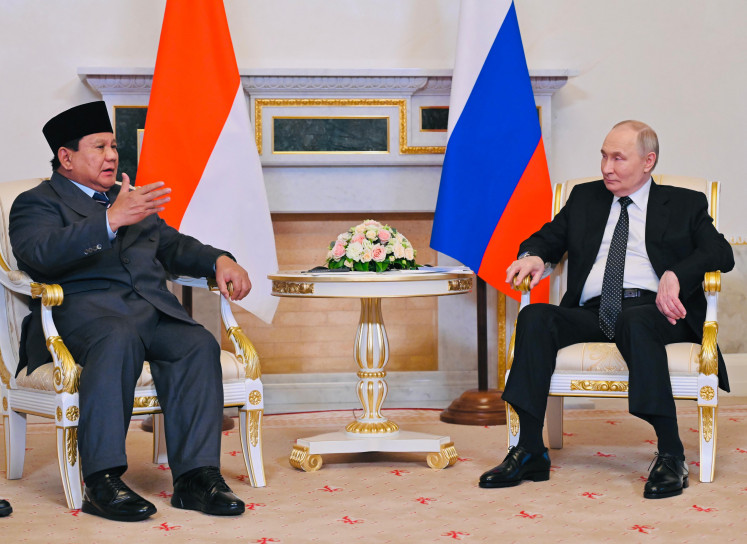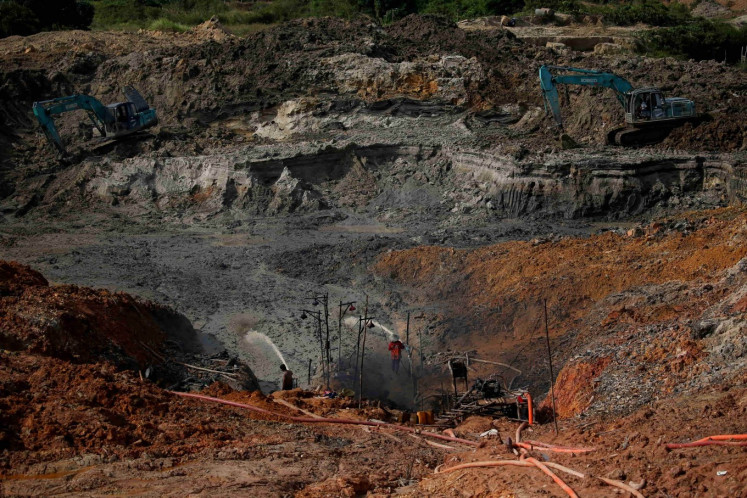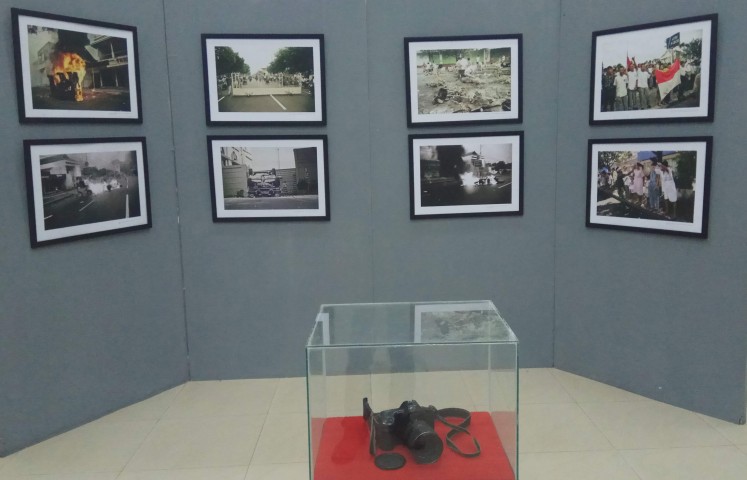Popular Reads
Top Results
Can't find what you're looking for?
View all search resultsPopular Reads
Top Results
Can't find what you're looking for?
View all search resultsNo need for local translation of LGBT term
We should no longer look for categories or labels. LGBT in Indonesia can have different meanings and definitions.
Change text size
Gift Premium Articles
to Anyone
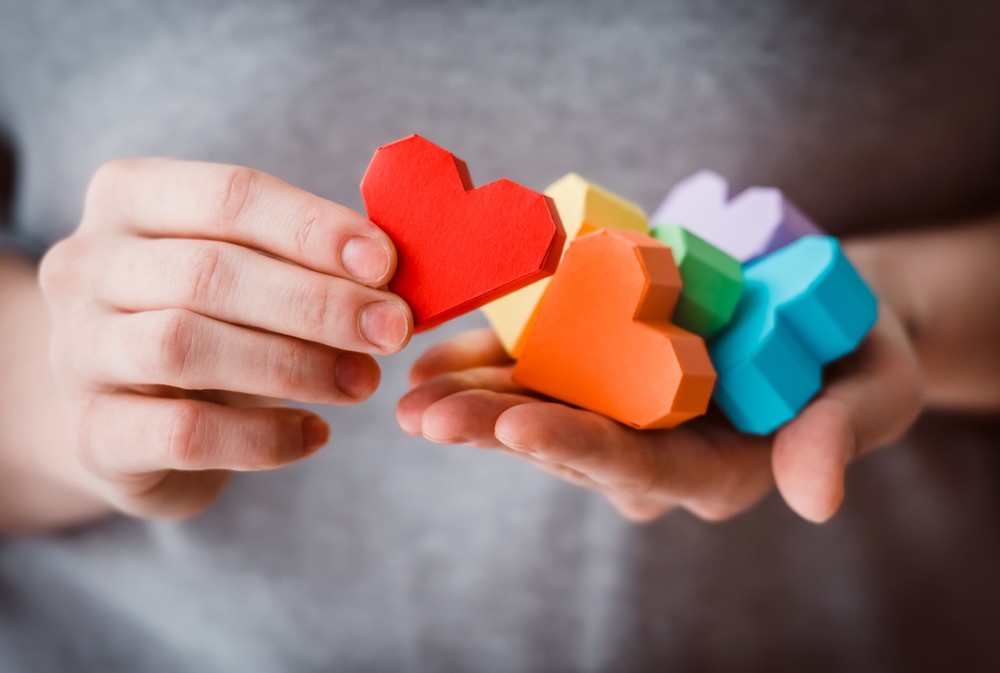 We should no longer look for categories or labels. LGBT in Indonesia can have different meanings and definitions. (Shutterstock/-)
We should no longer look for categories or labels. LGBT in Indonesia can have different meanings and definitions. (Shutterstock/-)
T
he LGBT movement in Indonesia and beyond is dealing a lot with not only opportunities but also challenges in order to achieve equality and equity.
As a foreign term, the acronym LGBT+ represents groups and movements that are in the process of defining themselves in the local context of Indonesia. LGBT movement in the country is relatively young compared to labor, women, farmer and environment groups.
As suggested in Hendri Yulius’ article The dark side of LGBT awareness in Indonesia (The Jakarta Post, Oct. 9, 2017), discussion of LGBT terminology is important, although I do not believe the issue is the most pressing now.
In his article Hendri presents a pessimistic point of view toward the current LGBT struggle and a debilitating tendency related to "LGBT-ization."
We should be deeply saddened to see how intense the oppression of LGBT people has become in Indonesia over the past two years. There are efforts to criminalize LGBT groups and those suspected of LGBT in various forms, Hendri writes.
But there is no relevance of what Hendri illustrates as anti-LGBT behavior and appearance of waria or feminine men in the entertainment industry, such as Aming, Tessy, and others.
Gender and sexuality study researcher Firdhan Aria Wijaya says "The situation in the past … does not indicate a full acceptance of LGBT people, but rather a false or pseudo acceptance."
"It is precisely now that we should be more sensitive … and people need to know that LGBT, especially waria, not just a spectacle for entertainment."
Efforts to popularize LGBT are not a matter of term debate, but the fact is the issue of gender and sexuality cannot be separated from various interests. Contradictory sentiments and oppression of the LGBT people portray the minorities’ vulnerability to economic and political abuses by capitalists and conservative politicians in the country.
It should give the state, activists in various sectors and issues, media, academics, pioneers, and agents of change a cause for concern to look at and respond to the conflict patterns. Particularly, Indonesia will face simultaneous local elections in 2018 and presidential and legislative elections in 2019.
At the end of his article, Hendri asks two questions that challenge us to adopt a more local terminology and sexual identity politics.
Problems are more contextual than a simple debate over terminology would suggest. Language is dynamic, words can be reclaimed and political meanings change. So what we need is not to question the term LGBT, but rather to fight for it to be understood as term that represents a movement and a minority struggle; the struggle of a group that is oppressed, marginalized, alienated and criminalized by a handful of powerful people in this country.
So when we are asked whether we can adopt a local term to replace “LGBT,” the answer is complicated. We can answer that the local terminology does exist, but there are many different terms and meanings to different people.
Historical records show us that LGBT people have always been part of Indonesia. We know many names from various ethnic groups or indigenous communities in the archipelago, such as Bissu from the Bugis people and To Burakke from the Toraja community.
Do we need to explore their stories? Yes. But should they become a substitute for the term LGBT? That may not be necessary, considering that many indigenous names have slowly disappeared as a result of colonialism, monotheism, modernism and a regime's periodization that defeats local/indigenous traditions and cultures as well as reduces their roles and meanings.
We do not want to simply romanticize history or glorify particular communities that embraced gender and sexual diversity.
So, rather than finding and adopting a local terminology, we should instead carefully examine the relevance and context of the local terminologies. How does a particular community accept and respect LGBT people? How can a community provide strategic roles to LGBT people? How can LGBT people not only survive but also take root deeply in culture? How do LGBT people endure the shrinking of their cultural roles and finally their disappearance?
This way, we can see the historical and linguistic context critically. In the current context, debating terminology is superficial and not crucial. Trying to discover a more localized term is futile if the meaning of the word contribute nothing to the present and future struggles!
Second is about the politics of sexual identity. It’s interesting when hearing the comments of a friend, Kanzha, who is a waria (transvestite) and activist of a waria organization in Jakarta. Kanzha says "I am waria! I do not want to say I am trans or transgender or trans-sexual. For me, they have different meanings and contexts from waria. I refuse to be classified or labeled as LGBT. But it does not make me unable to fight alongside the LGBT movement although there is no 'W' in the LGBT terminology."
Of course, we should not separate the academic perspective from the experience of activists. As Evelyn Blackwood, a scholar on lesbian issues, writes “Do researchers make sense of the complex relationship between cultural locatedness and global locatedness without creating hierarchical dichotomies of traditional-modern and indigenous-global practices?”
We should no longer look for categories or labels. LGBT in Indonesia can have different meanings and definitions. However, the present situation has become so much more complicated and challenging.
It requires us to raise the issue of LGBT as a humanist issue and think about how to devise strategic works for harmonious consolidation in gathering strength and resources to achieve recognition, respect, protection and restoration of LGBT rights as human beings, citizens, and minorities.
---------------
We are looking for information, opinions, and in-depth analysis from experts or scholars in a variety of fields. We choose articles based on facts or opinions about general news, as well as quality analysis and commentary about Indonesia or international events. Send your piece to academia@jakpost.com.

